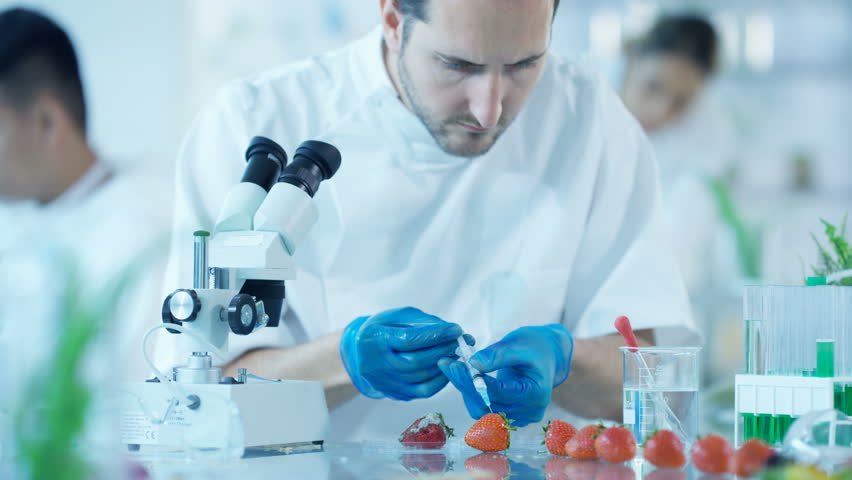Inside BENEO’s new pulse plant: pioneering sustainable protein from faba beans
“Since flavonoids boost-up immunity, a flavonoid-rich diet is recommended”- Dr Pratibha Srivastava
Scientists from Agharkar Research Institute (ARI), Pune, have come up with the first synthetic route for producing flavonoids molecules related to the treatment of tuberculosis and chikungunya. Preliminary indications have been witnessed regarding probable treatment response to COVID 19.
According to the recent work published in the peer-reviewed scientific journal, ACS Omega by Dr Pratibha Srivastava and her team from ARI have developed the first total synthesis of flavonoids such as rugosaflavonoids, podocarflavone, and isoflavone. Rugosaflavonoid A is reported from a Chinese medicinal plant Rosa rugosa. Podocarflavone A is isolated from the plant Podocarpus macrophyllus.
Flavonoids are normally isolated from plants. However, inconsistency in natural products can occur in different seasons, places, and species. Along with these hurdles, over-exploitation of medicinal plants puts an extra burden on the environment. To overcome these problems, such products can be developed by synthetic protocols in the laboratory by simple and cost-effective methods. The synthetic natural products possess a structure and medicinal properties similar to the natural product.
The chemical structure of flavonoids is similar to the female hormone 17-beta-estradiol (estrogen). Therefore, flavonoids can ease the lives of women who face problems in the premenopausal stage.
“Most ayurvedic products are rich in flavonoids. Flavonoids are mostly present in tomato, onion, lettuce, grape, apple, strawberry, peach, and other vegetables. A diet rich in flavonoids protects us from diseases related to heart, liver, kidney, brain, and other infectious diseases. Right now, the world is facing a traumatic situation due to COVID-19. Since flavonoids boost-up immunity, a flavonoid-rich diet is recommended,” explains Dr. Srivastava.

